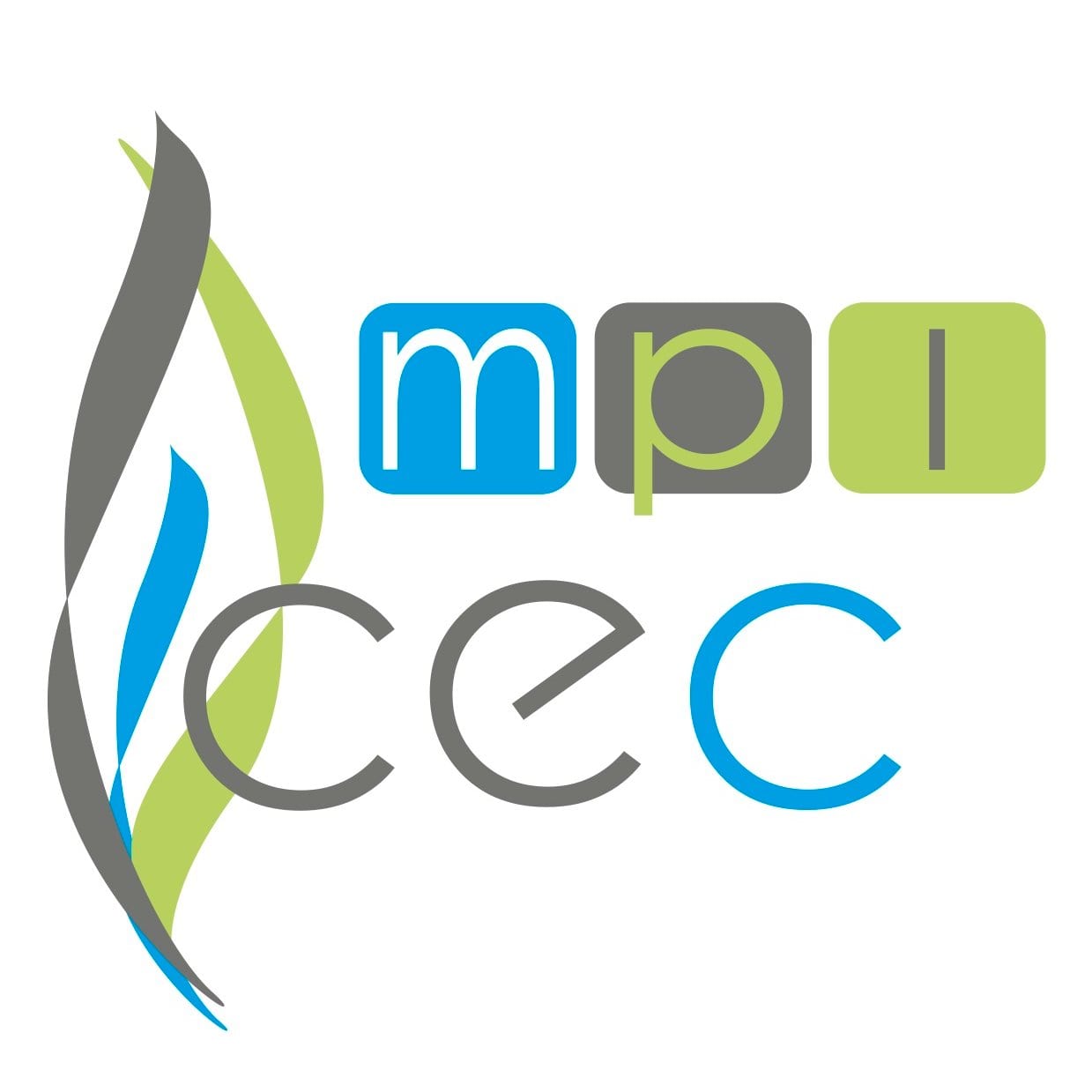
via University of East Anglia
Customised medicines could one day be manufactured to patients’ individual needs, with University of East Anglia (UEA) researchers investigating technology to 3D ‘print’ pills.
The team, including Dr Andy Gleadall and Prof Richard Bibb at Loughborough University, identified a new additive manufacturing method to allow the 3D printing of medicine in highly porous structures, which can be used to regulate the rate of drug release from the medicine to the body when taken orally.
Dr Sheng Qi, a Reader in Pharmaceutics at UEA’s School of Pharmacy, led the research. The project findings, ‘Effects of porosity on drug release kinetics of swellable and erodible porous pharmaceutical solid dosage forms fabricated by hot melt droplet deposition 3D printing’, are published today in the International Journal of Pharmaceutics.
Dr Qi said: “Currently our medicines are manufactured in ‘one-size-fits-all’ fashion.
“Personalised medicine uses new manufacturing technology to produce pills that have the accurate dose and drug combinations tailored to individual patients. This would allow the patients to get maximal drug benefit with minimal side effects.
“Such treatment approaches can particularly benefit elderly patients who often have to take many different types of medicines per day, and patients with complicated conditions such as cancer, mental illness and inflammatory bowel disease.”
The team’s work, Dr Qi said, is building the foundation for the technology needed in future to produce personalised medicine at the point-of-care. She said 3D printing has the unique ability to produce porous pharmaceutical solid dosage forms on-demand.
Pharmaceutical 3D printing research is a new research field that has rapidly developed in the past five years. Most commonly used 3D printing methods require the drug being processed into spaghetti-like filaments prior to 3D printing.
The team investigated a newly developed 3D printing method that can rapidly produce porous pharmaceutical tablets without the use of filaments. The results revealed that by changing the size of the pores, the speed of a drug escaping from the tablet into the body can be regulated.
Further research will be required in order to use the porosity to tailor the dose and dosing frequency (i.e. once daily or twice daily) of medicine to each patient’s needs, and use this principle to build multiple medicines into a single daily poly-pill for patients who are on a complex medicine regiment.
Original Article: PERSONALISED MEDICATIONS POSSIBLE WITH 3D PRINTING
More from: University of East Anglia | Loughborough University
The Latest Updates from Bing News & Google News
Go deeper with Bing News on:
Customised medicines
- What do weight loss drugs mean for a diet industry built on eating less and exercising more?
enabling members to get prescriptions for weight loss drugs. WeightWatchers is sticking with its focus on behavior change as the cornerstone of weight reduction but launched virtual clinics that ...
- A New Solution for Infertility: Restorative Reproductive Medicine
Here is a thought experiment for “National Infertility Awareness Week”: imagine in vitro fertilization (IVF) did not exist, and the only solution for couples facing infertility was to opti ...
- Play ball! A look at minor league teams in Illinois and Northwest Indiana for the 2024 season.
May 9-Aug. 31. At Ozinga Field, 14011 S. Kenton Ave., Crestwood. Tickets, $7-$15. $3 Tuesdays. Seniors 55 and over are free on Wednesday nights. Veterans and active military and a guest are free on ...
- What do weight loss drugs mean for a diet industry built on eating less, exercise?
A little over a year ago, the 58-year-old Manhattan resident went on a new weight loss drug called Wegovy. He's lost 30 pounds, and has started eating healthier food and exercising — the habits behind ...
- Vietnam Biological Drugs Market’s Luminance Showcasing the Dazzling Latest Trends
Request To Download Free Sample of This Strategic Report @ This country research report on Vietnam Market offers comprehensive insights into the market landscape, customer intelligence, and ...
Go deeper with Google Headlines on:
Customised medicines
[google_news title=”” keyword=”customised medicines” num_posts=”5″ blurb_length=”0″ show_thumb=”left”]
Go deeper with Bing News on:
3D printing of medicines
- Gorilla at Cincinnati Zoo gets world’s first 3D-printed titanium cast after injury
A gorilla at the Cincinnati Zoo in Ohio received the world’s first 3D-printed titanium cast Friday after being injured during a scuffle with her troop. Eleven-year-old gorilla Gladys got into a ...
- Rumford K-9 finds drugs, firearm during traffic stop
RUMFORD (WGME) -- A Rumford police K-9 named "Niko" found a gun and methamphetamine during a traffic stop Wednesday. Early Wednesday evening, Rumford police say they saw a suspicious vehicle with ...
- Medicine, Manufacturing, Molecules: DoN shines at Navy League STEM Expo
Two middle school-aged children knelt next to a pair of life-like mannequins — one a full-body figure, the other a lower torso with its right leg severed below the knee, ...
- Dr. Shanda Blackmon named director of The Lung Institute at Baylor Medicine
Dr. Shanda H. Blackmon, renowned in the field of thoracic surgery, specializing in minimally invasive lung segmentectomy and complex thoracic ...
- Global 3D Printed Drugs Industry
Global 3D Printed Drugs Industry is expected to reach US$ 742.88 Million in 2032, growing at a CAGR of 9.2% From 2022 to 2032 ...
Go deeper with Google Headlines on:
3D printing of medicines
[google_news title=”” keyword=”3D printing of medicines” num_posts=”5″ blurb_length=”0″ show_thumb=”left”]










